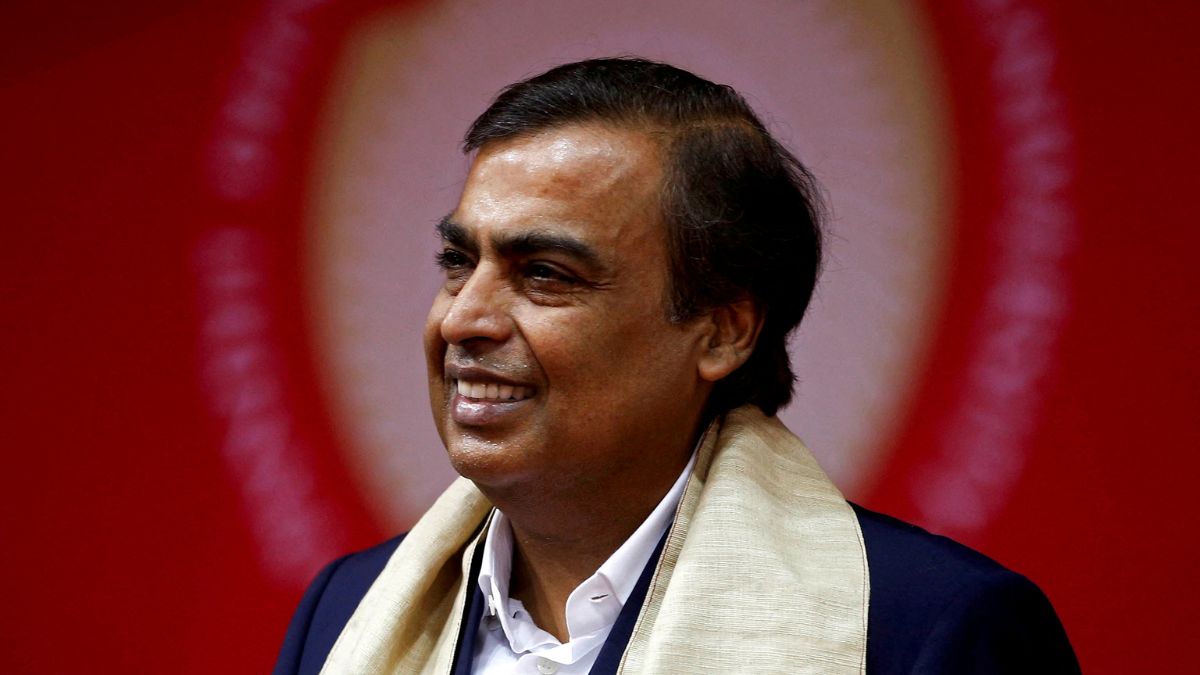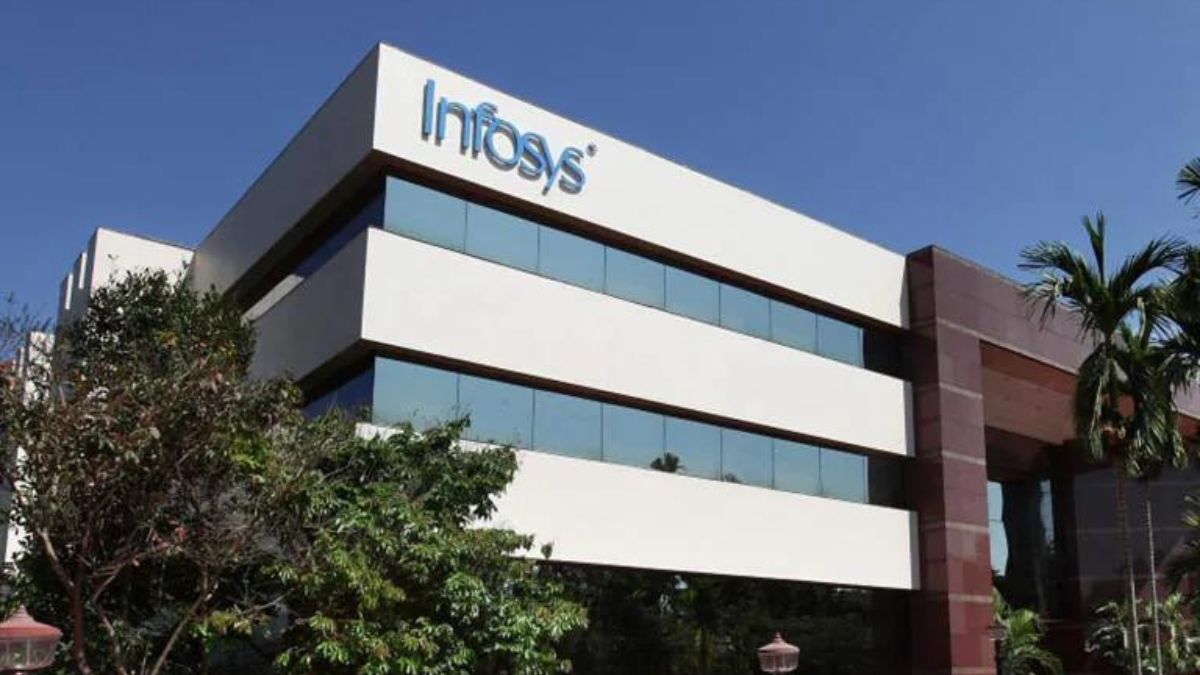From revamped tax slabs and rebates to enhancing standard deduction limit, here’s a look at what the government might possibly announce to make the new tax regime more attractive for taxpayers read more
)
Finance Minister Nirmala Sitharaman will present the Union Budget on July 23. PTI File
Finance Minister Nirmala Sitharaman will present the complete Union Budget for the Financial Year 2024-25 in Parliament on July 23.
The upcoming Budget holds considerable significance for individual taxpayers who eagerly await announcements pertaining to personal tax reforms by the newly-formed government.
Experts speculate that the government might introduce additional tax deductions and consider increasing the 80C deduction limit to enhance the appeal of the new tax regime.
There is also anticipation that benefits under Section 80C could be extended to the default tax regime to encourage wider adoption. Experts are also of the view that rationalising tax slabs could potentially boost disposable income, thereby stimulating economic activity and increasing GST collections.
Here’s a look at what the government might possibly announce to make the new tax regime more attractive for taxpayers:
Enhancing the tax slabs
In the upcoming Budget, the government is likely to raise the income tax exemption limit to Rs 5 lakh from the current Rs 3 lakh under the new default tax regime. Despite the new regime being default, some taxpayers still prefer the old regime for benefits like HRA exemption and 80C deduction. Therefore, increasing the basic exemption limit would incentivise more taxpayers to choose the new tax regime. This move is expected to boost disposable income for salaried and pensioned taxpayers, thereby stimulating economic activity and consumption without the complexity of investment or expenditure-related conditions.
Increase in tax rebate
In last year’s budget, FM Sitharaman implemented significant changes in the new tax regime to encourage taxpayer adoption. A complete tax rebate was introduced for taxable incomes up to Rs 7 lakh. This year, there is anticipation for this rebate threshold to potentially increase to Rs 7.5 lakh. Such an adjustment would offer crucial relief to middle-income taxpayers, potentially enhancing their spending capacity and encouraging higher investment levels.
Enhancing standard deduction limit
A few years ago, medical reimbursement and conveyance allowance exemptions for salaried individuals were replaced by the introduction of a standard deduction. To address the continuous rise in medical and fuel costs, there is a proposal to increase the current standard deduction limit of Rs 50,000 to at least Rs 1 lakh.
Tax benefits for home buyers
In order to stimulate growth in the real estate sector, one can anticipate enhanced tax incentives for home buyers. This may involve increasing deductions on home loan interest or principal repayment. Currently, the annual limit for claiming losses under the income from house property category is capped at Rs 2 lakh. It is suggested that this limit be reconsidered and raised to, for example, Rs 3 lakh per annum, to bolster the ‘housing for all’ initiative further.
Special treatment for NPS
Currently, both the new and old tax regimes allow parity in the deduction for employer’s contribution to the National Pension System (NPS), set at up to 10% of the salary (basic plus dearness allowance). However, deductions for an individual’s own contributions to NPS are only available under the old tax regime, limited to a maximum of Rs 50,000. Given the government’s focus on promoting investments in NPS over traditional instruments, the government may extend the deduction for self-contributions to NPS under the new tax regime too.
Deduction for interest on home loan for self-occupied property
Tax deductions and exemptions play a crucial role in tax planning strategies. These include deductions for home loan interest on self-occupied properties, exemptions for house rent allowances, and benefits under Section 80C for investments such as PF and PPF, along with deductions for medical insurance premiums under Section 80D. Currently, these benefits are exclusively available under the old tax regime. Given that a significant number of taxpayers have home loans, it may be beneficial to extend the deduction for interest paid on housing loans taken from financial institutions for self-occupied properties to the new tax regime. Presently, this deduction applies under the new regime only for let-out properties. Moreover, the existing threshold of Rs 2 lakh for this deduction has remained unchanged for the past decade. There is a possibility that the upcoming Budget could raise this limit to Rs 3 lakh. Such a step would recognise the housing-related expenses borne by taxpayers and provide a boost to the real estate sector.
Enhancement of long-term capital gains exemption limit
Since the financial year 2018-19, Long-term Capital Gains (LTCG) exceeding Rs 1 lakh from the transfer of equity shares or units of equity-oriented mutual funds, subject to Securities Transaction Tax (STT) at acquisition, are taxed at 10% without indexation benefits. To enhance investor confidence and encourage more investment in the capital market, the government is considering raising the current exemption limit from Rs 1 lakh to Rs 2 lakh.
Popularising the new tax regime
In Budget 2020, a new Personal Tax Regime was introduced with simplified rules that significantly reduced exemptions and deductions. To encourage more taxpayers to opt for this regime and benefit from it, the government implemented several changes. These included introducing a standard deduction, raising the basic exemption limit to Rs 3 lakh (from Rs 2.5 lakh in the old regime), expanding tax slabs, lowering the surcharge from 37% to 25% for incomes above Rs 5 crore, and ensuring zero tax liability for individuals earning up to Rs 7 lakh. Starting from the financial year 2023-24, the government made this the default tax regime, advancing towards its goal of simplifying India’s tax system. In line with this objective, the government may propose additional revisions to attract taxpayers who are still choosing the old tax regime. This could involve further widening or restructuring the tax slabs. Currently, a 30% tax rate applies to incomes exceeding Rs 15 lakh; this threshold may be raised to Rs 20 lakh.

 2 months ago
49
2 months ago
49
)
)
)
)
)
)
)
)
)
)
)
)
)
)
)
)
)
)
)
)
)
)
)
 English (US) ·
English (US) ·